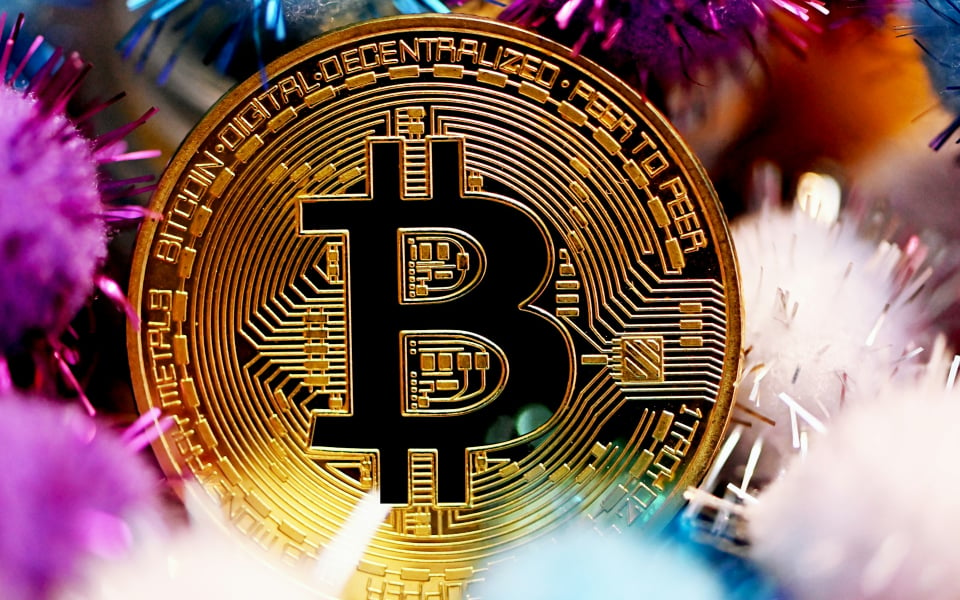Binance, the world's largest cryptocurrency exchange by trading volume, is making a concerted effort to shed its past reputation and embrace regulatory compliance.
What Happened: Speaking at the Paris Blockchain Week on Tuesday, Binance CEO Richard Teng reflected on the company's history and its $4.3 billion settlement with the U.S. Department of Justice (DOJ), stating, "In those very early stages of development, where rules are nascent and there's no clarity, Binance operated in a certain fashion. But we have moved past that as the company moves into greater maturity."
This maturity is evidenced by Binance's agreement in November to pay the U.S. government $4.3 billion, marking the end of a years-long investigation.
The DOJ had criticized the company's initial approach to compliance, quoting former CEO Changpeng Zhao's preference to "ask for forgiveness rather than permission" and his prioritization of "Binance's growth over compliance with U.S. law."
In response to these challenges and as part of its commitment to compliance, Binance recently unveiled its first board of directors.
Despite criticisms over the board predominantly consisting of company insiders, including Teng himself, he defended this decision, highlighting the strategic importance of internal experience.
"It's important to ensure the talent driving the Binance business going forward is unique," Teng explained, emphasizing the blend of internal and external perspectives to guide the company's future.
The question of Binance's global headquarters remains open, with Teng describing the selection process as "very deliberate" to match the company's operational and regulatory needs.
He further elaborated, "It's not an easy decision... whether the jurisdiction has the regulatory framework to cater to our products... whether we can base more people there as part of our corporate headquarters."










